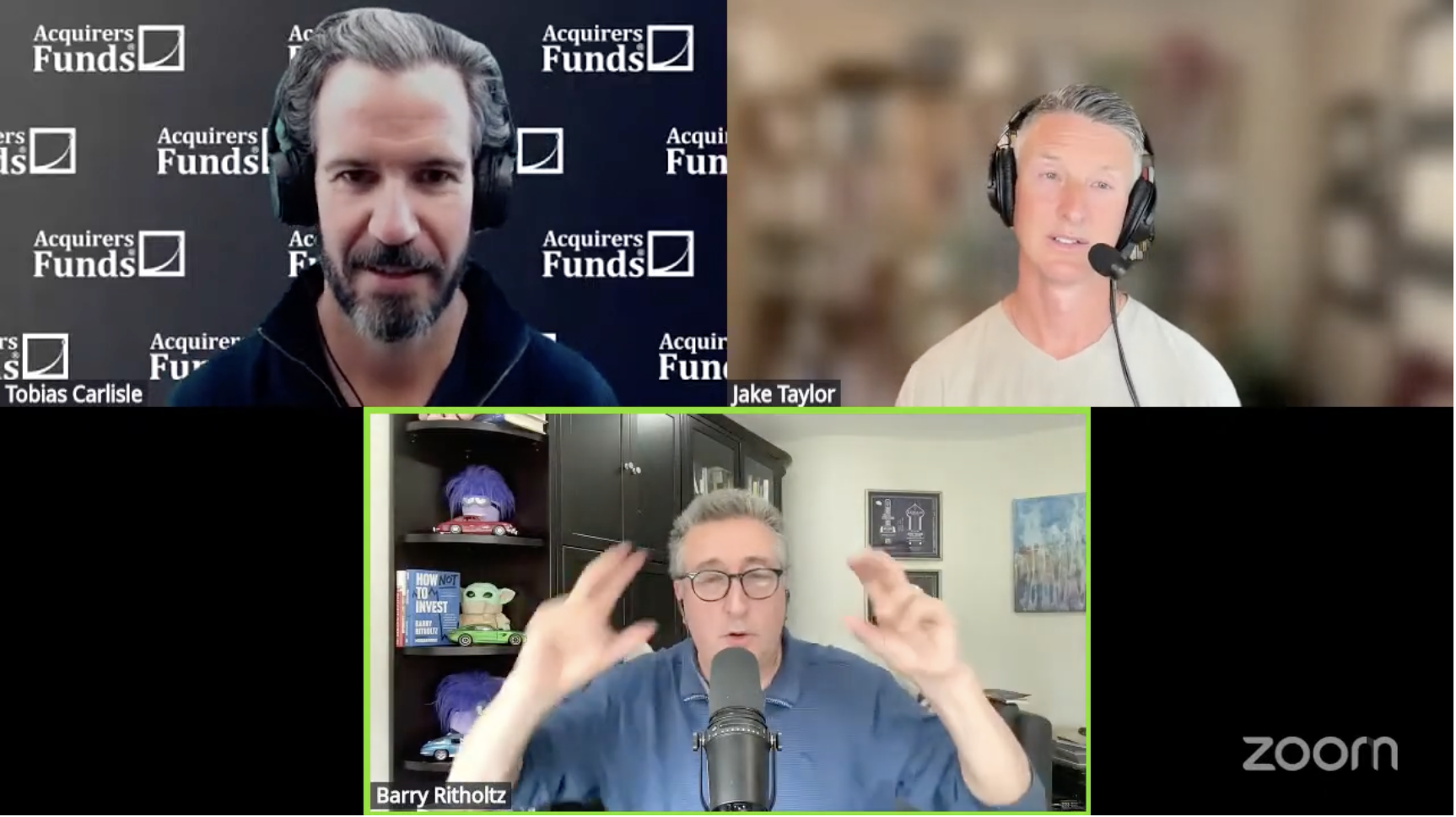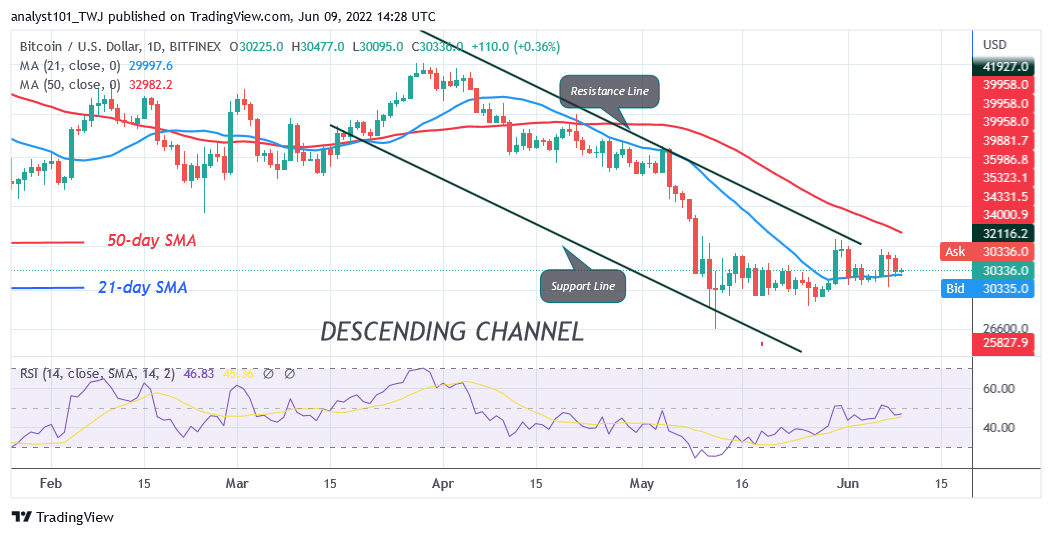We are getting closer to the point where the Federal Reserve has done enough to bring down inflation next year. Putting behind its past mistakes of creating too much money and buying too many bonds, it now acknowledges it kept rates too low for too long. It has raised short rates to 3-3.25 per cent and signalled they will be nearer 4.5 per cent by the year end.
It has started a large bond sales programme to help drive up the interest rate on longer-term borrowings. The danger now is it lifts rates too high for too long, which would turn the coming downturn into a recession.
The European Central Bank is further behind in raising short rates and is not wanting to sell any of the big stock of bonds it owns into the market. Inflation is higher in Europe than the US and will need more action to get it down.
The Bank of England started raising earlier than the Fed or ECB and has taken long rates higher, but lies between the two currently on short rates. China is able to gently cut her rates and has relatively low inflation, while Japan keeps its rates at zero as at last it sees some inflation emerging.
Most bond and share markets and portfolios have fallen in 2022 as rates have been increased sharply from ultra low levels to belatedly combat the price rises.
Longer bonds have suffered badly, as they always fall away more quickly when interest rates rise. If rates go from 1 to 2 per cent then a bond offering 1 per cent with no repayment date will halve in value, so the £1 fixed income on £100 of bond becomes a 2 per cent income on the reduced £50 value. A one-year bond paying 1 per cent will fall by around 1 per cent so on redemption you get £1 of capital gain to add to your £1 of income.
Now that you can get a much better income yield and there have been such big falls, I am starting to put some of the cash into longer-term US bonds.
Despite having substantial cash instead of longer bonds this year the overall FT fund has also fallen as share values have retreated. The biggest holding is in world shares, seeking maximum diversification as a bit of defence.
The areas which did so well in previous years as the digital and green revolutions powered ahead have fallen on hard times this year, so it was right to have reduced exposures to them significantly ahead of the sell-off. A Nasdaq ETF used to be the largest holding, which I cut back. It would have been better to have sold all the specialist digital as well.
So the main question investors need to ask is how long and deep will the downturn be? It is only just taking shape. In the US we see the digital giants reporting more difficulty in sustaining sales growth and margins. Advertising revenue is harder to come by. Mortgages at rates of 6 or 7 per cent have led to a collapse in homebuying and a need among housebuilders to cut back and sell stock.
We expect more earnings downgrades and tougher trading conditions for many businesses into next year as the severe monetary tightening takes effect. The US benefits from its strong domestic energy position with a surplus of natural gas.
The world’s second-largest economy, China, is not offering much support to global growth in the way it used to. Dogged by rolling lockdowns of cities and regions to pursue its net zero policy, output is not growing at anything like pre-Covid rates.
President Xi Jinping has assumed more powers and put many more of his supporters into key positions. He has determined on a more communist policy, with more activity routed through nationalised industries. He continues his crackdown on some parts of the free enterprise sector, and seeks to remove excesses from the property world which had accounted for substantial increases in output.
China’s poor record on human rights, its growing intervention in prices, profits and activity by business, and the wish to put zero Covid ahead of recovery does not make it an inviting prospect for western investors, though it is due a bounce on any diminution of lockdowns with monetary stimulus.
The world’s third-largest economy, Japan, is at last getting some inflation from world energy prices, but with core inflation still below 2 per cent it continues with zero interest rates and sluggish growth. The very weak yen is beginning to worry the authorities.
The EU is suffering badly from the war on its doorstep and from the energy shortages brought on by the need to end dependence on Russian gas and oil. There will be recessions in various European countries over the next five quarters, made worse if the ECB overtightens.
The EU is finding it difficult to agree Europe-wide policies on sharing energy resources and subsidising those in need. Germany has set out a €200bn offset package to help German industry and consumers — measures resented by other states that cannot afford something similar.
It is still not possible for markets to look forward to a shallow and short downturn followed by a good recovery. No advanced country central bank is yet ready to pause its actions to curb inflation and none will guide us to expect falling or even stable rates any time soon. Company margins have reached very high levels, and are likely to come down as the cost of living crunch makes consumers more cautious.
It is always painful coming out of fast inflation, and there remains the danger of central banks overcorrecting for past errors. The brutal Ukraine war continues, but some of the worst supply shortages such as microprocessors are easing. Commodity prices are generally weakening as people contemplate lower demand in a downturn, though Opec is cutting back on oil supply and Russia is threatening part of the grain trade again.
It is not yet time to increase the share portion of the fund and not yet easy to divine which sectors and areas will respond best to the recovery when it comes. The cash is destined for more bonds as we approach a pause in rate rises.
Sir John Redwood is chief global strategist for Charles Stanley. The FT Fund is a dummy portfolio intended to demonstrate how investors can use a wide range of ETFs to gain exposure to global stock markets while keeping down the costs of investing. [email protected]















